MSLGROUP launches a Report on 'The Future of Business Citizenship'
A 17-country study of millennials’ views on citizenship and the role of business has revealed sentiments starkly different from those of preceding generations. Undertaken by MSLGROUP, the strategic communications and engagement consultancy of PublicisGroupe, the study reveals that Governments around the world are distrusted for their ability to solve some of the world’s greatest challenges alone. By contrast, the increasing involvement of big business is seen as a key factor for success. In India, 77% of the 502 millennials surveyed felt that government can’t solve societal issues by themselves, and an astounding 90 per cent want to see corporations actively involved.
The India Chapter of the study, “The Future of Business Citizenship”, finds that millennials in India are a force to be reckoned with and companies must engage with them effectively to build trust and enhance reputation. Scott Beaudoin, global director of Corporate and Brand Citizenship at MSLGROUP stated, “With the explosion of social media and the dipping levels of trust in institution, businesses can no longer work in silos. The study reflects that Indian millennials want companies to be more active in solving societal issues. In this changing environment, brands who integrate their business model with social change are more likely to sustain in the future and will gain more loyalty from this powerful generation.”
Commenting on the landmark study, Pascal Beucler, Chief Strategy Officer at MSLGROUP, explained that millennials -- the largest, most diverse and influential generation to date -- are “game changers” in their expectations of business with distinct ideas on how companies should behave. He said,“The overwhelming majority of millennials believe corporate involvement in tackling issues such as economy, health and environment is a key factor to build a successful outcome. Millennials look to businesses not only to lead, but to actively engage them in the process. This opens ups huge opportunities for businesses worldwide to re-set in the face of declining consumer trust. ”
An analysis of the study findings revealed four emerging themes that are shaping tomorrow’s field of ‘Business Citizenship:’
Theme Implications for Business
1. New Mindset: What vs. Why
Millennials believe what companies actually do is more meaningful than why they do it. This is an evolution from even the recent past when it was enough for business to have a clearly thought out ‘purpose’ at their core. Today millennials in most countries expect companies to be active citizens, game-changers. Ninety one percent of Indian millennials surveyed expect companies to be active citizens. • Mobilize your resources to implement a plan you can clearly articulate and promote.
• Invite people to participate and publicize the results.
• Do more than give money; encourage people to become advocates.
2. New Focus: Micro vs. Macro
Much previous research into what issues millennials care about has highlighted macro issues such as health, the economy and sustainability. Millennials questioned in MSLGROUP’s study say it’s not that simple: they care about specific micro issues. In India, Environmental pollution topped the list with 56%, followed by Quality of education (55%), Terrorism (55%), Inflation and high prices (51%), Healthcare costs (50%). • Pick something small, tangible and measurable.
• Change it for the better, then repeat.
• Focus on specific actions where your core competencies as a business can help drive greater impact.
3. New Priority: Impact vs. Ego
Contrary to the myth that Millennials are self-absorbed, respondents are happy to set personal interests aside, and support companies and brands in whatever areas they can make a difference. To illustrate this point, environmental pollution is Indian millennials’ top micro concern. However, when asked where they want business to focus their efforts, they ranked this issue #6. Their third, fourth and fifth highest micro concerns (terrorism, inflation and high prices and rising health care costs respectively) fall far down in the rankings - #45, #41, #26 respectively in terms of where they expect businesses to put their resources. Their top choices for business include the effect or impact of large corporations on small business, fair worker rights, access to technology, recession and unemployment and alleviating hunger and homelessness. • Separate what millennials care about and what business should focus on.
• Find a cause or issue relevant to your industry, that you really understand and are sure you can affect.
4. New Contract: We vs. You
Millennials believe business has a responsibility to help solve the world’s problems, but they don’t expect them to do it alone. Seventy five percent of those surveyed said they want to personally get involved in making the world a better place. Vocal in their opinions of what companies are doing and not doing, the more millennials believe their voices will be heard, the greater their involvement will be. Eighty seven percent want companies and employers to make it easier for them to do their part, such as donating a portion of product proceeds to causes they care about, giving them time off to volunteer and providing activities they can participate in. • Provide plenty of opportunities for people join in.
• Make it as easy as possible for them to really make a difference.
• Go where they already are across social platforms and channels to engage most effectively.
Scott Beaudoin, global director of MSLGROUP’s Corporate and Brand Citizenship practice concluded, “By 2018, millennials’ earnings and spending power are projected to outpace those of baby boomers – little surprise that marketers are obsessed with them. The study findings demonstrate a clear path for corporations looking to engage with this influential generation: Business Citizenship is the new platform on which strong consumer ,employer and stakeholder relationships can be established and built.”


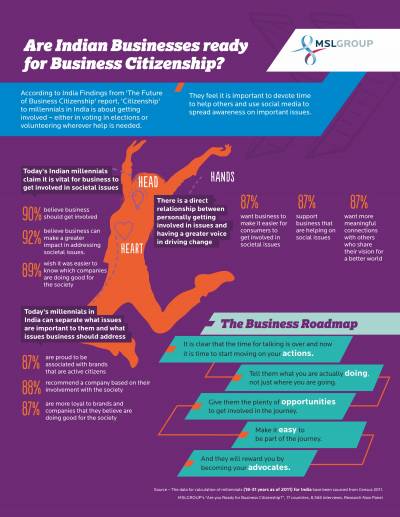

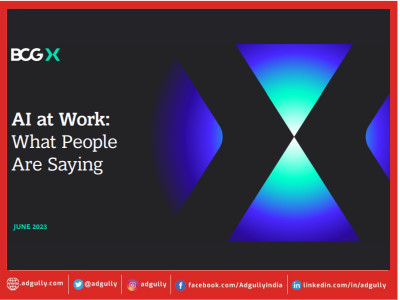
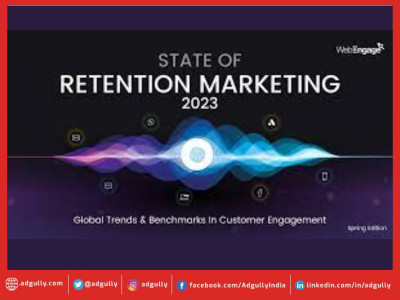

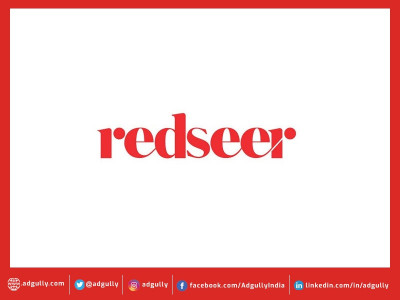
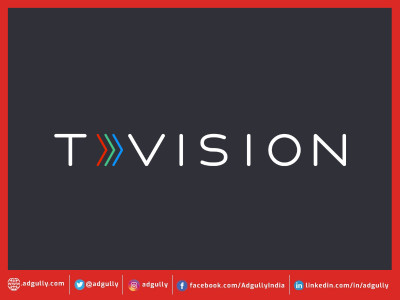




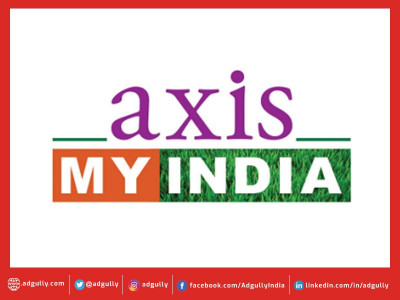


Share
Facebook
YouTube
Tweet
Twitter
LinkedIn